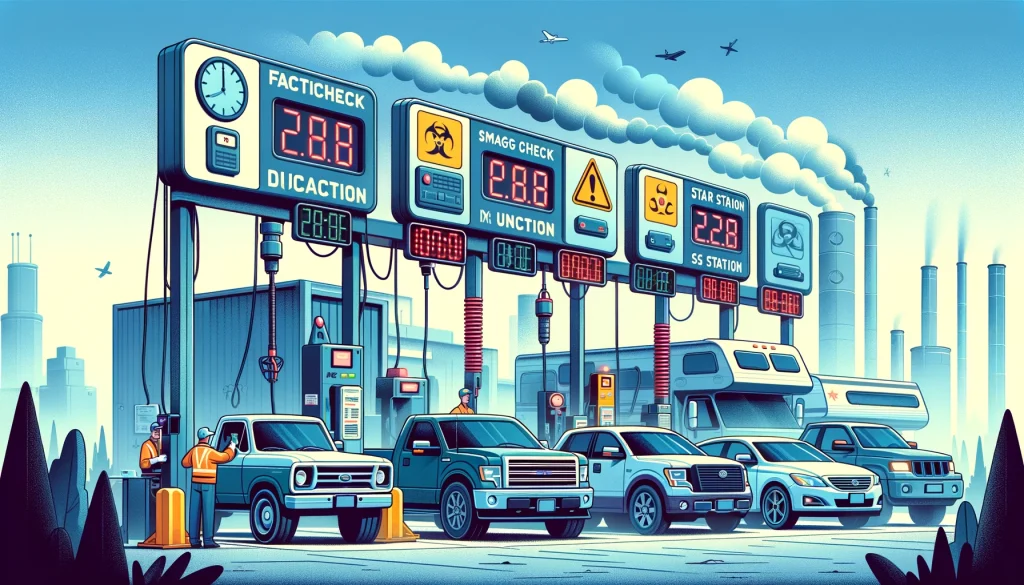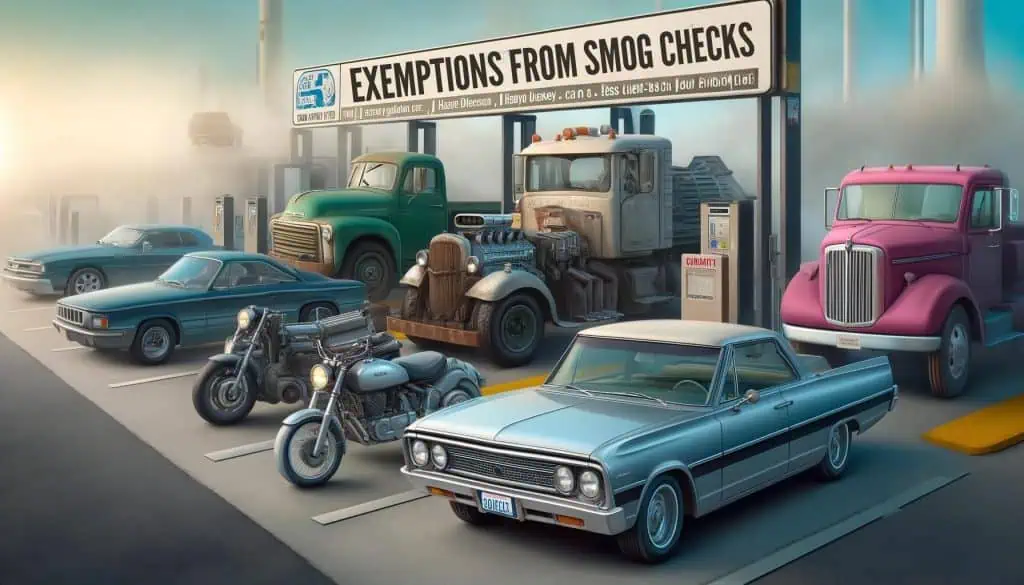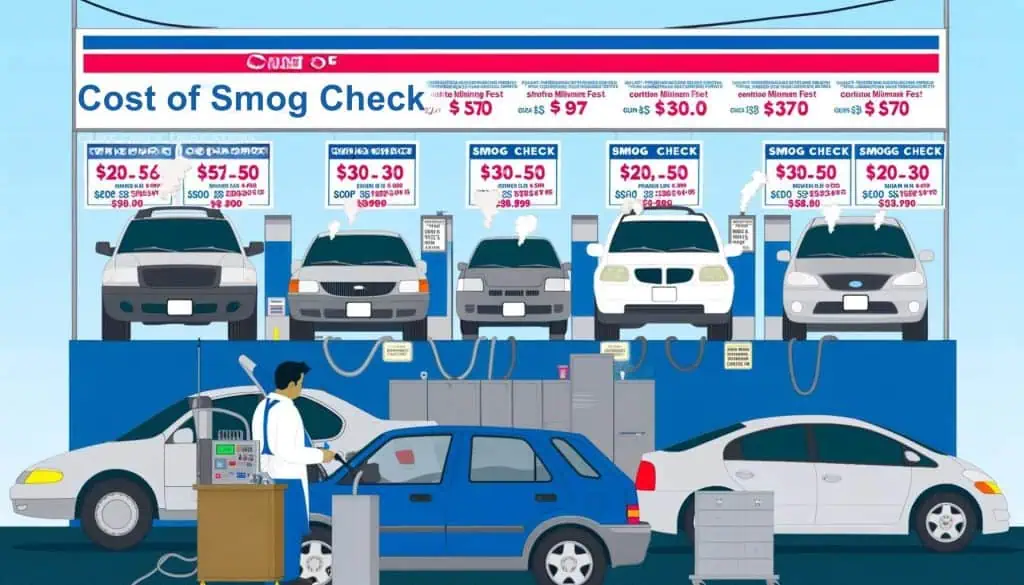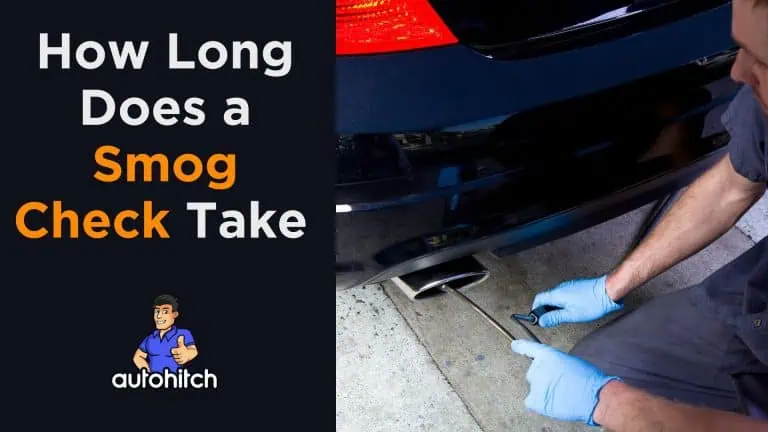A typical smog check takes around 10-30 minutes if the vehicle is in good condition and meets emissions standards.
However, the duration can vary depending on several factors:
Table of Contents
Factors That Affect Smog Check Duration

- Vehicle Type: Larger vehicles like trucks, SUVs, and RVs generally take longer than regular passenger cars.
- Vehicle Age: Older vehicles (pre-1996 models) require additional inspections, increasing the testing time.
- Inspection Process: The extent of the inspection depends on the vehicle’s model year and whether it’s a regular smog check or a more comprehensive STAR station test.
Related Articles to Read:
Smog Check Requirements:
- Most gasoline-powered vehicles from 1976 and newer require a smog check every two years for registration renewal in California.
- Vehicles must also get a smog check when initially registering in California or when ownership is transferred, with some exemptions.
- Certain counties require smog checks within specific zip codes. These include parts of El Dorado, Placer, Riverside, San Bernardino, San Diego, and Sonoma counties.
- Upon initial registration in California, diesel vehicles from 1998 and newer with a gross vehicle weight under 14,000 lbs require a smog check.
Exemptions from Smog Checks:

- Gasoline vehicles from 1975 and older are exempt.
- Diesel vehicles from 1997 and older, or with a gross vehicle weight over 14,000 lbs, are exempt.
- Electric vehicles and natural gas vehicles over 14,000 lbs are exempt.
- Vehicles less than 8 model years old are exempt from biennial smog checks but pay an annual smog abatement fee for the first 8 years.
- Vehicles less than 4 model years old are exempt from smog checks when ownership is transferred, but the new owner pays a smog transfer fee.
- Certain transfers between specific family members are exempt from smog checks.
- Motorcycles, trailers, and hybrid vehicles are exempt from some smog check requirements.
Cost of Smog Checks

Smog check costs in California typically range from $30 to $70, depending on factors like:
- Vehicle type (car, truck, SUV, etc.)
- Smog station pricing
- Additional fees (certificate, transmission, etc.)
The state mandates a maximum fee of $50 for the smog test itself, plus the actual certificate cost.
Choosing a Smog Check Station
When selecting a smog station, factor in:
- Reputation and reviews
- Pricing and any available discounts/coupons
- Convenience of location
- Whether it’s a regular or STAR-certified station (if required)
Find a Smog Check Station: https://www.ca.gov/service/?item=find-a-smog-station
Preparing for a Smog Check
To increase your chances of passing, prepare your vehicle by:
- Performing regular maintenance (oil changes, air filters, etc.)
- Ensuring the “Check Engine” light is off
- Warming up the vehicle before the test
- Having any emissions-related repairs done beforehand
If You Failed Smog Check
If your vehicle fails the smog check, you’ll receive a report detailing the issues. the most common reasons include:
- High emissions levels
- Faulty emissions components
- Readiness monitors not set
You’ll need to have the necessary repairs done and then have the vehicle re-tested, which is usually offered at a discounted rate.


